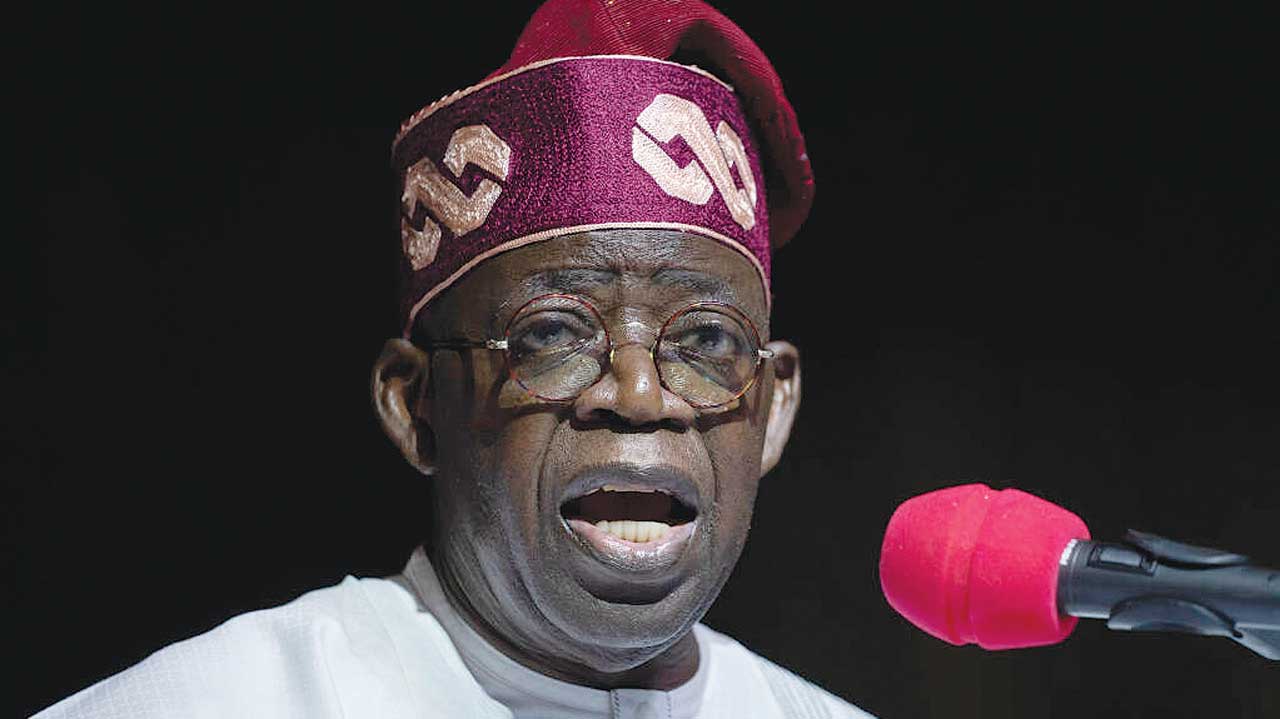Headlines
Tinubu again invites Islamic leaders to dialogue in the Niger Republic

As the ECOWAS (Economic Community of West African States) Chair, Tinubu made the choice.
A group of ulama (Islamic religious leaders) has been given the go-ahead by President Bola Tinubu to travel back to the Niger Republic for another round of negotiations with the coup leaders.
After meeting with the top clerics, led by Sheikh Dahiru Bauchi, who had just recently travelled to Niamey, the capital of the Niger Republic, for talks with the junta headed by General Abdourahamane Tiani, Tinubu made the choice on Thursday.
As the ECOWAS (Economic Community of West African States) Chair, Tinubu made the choice.
The President emphasised that he is leading the charge for a peaceful resolution of the crisis, even in the face of more hawkish individuals calling for swifter intervention, in his response to the delegation of Ulamas against the backdrop of ethnic rumours spread by domestic political figures both inside and outside of the country.
“I am in charge of a really grave issue. If you ignore ECOWAS, other people—those whose actions are beyond our control—will respond. I’m the one who’s suppressing those sides. I am the one delaying ECOWAS, he admitted.
The President continued by addressing the gravity of the situation: “Even as of this morning, I have received a deluge of phone calls regarding the readiness of countries with their military power and contributions. I instructed them to wait, though. I will get back to you after I meet with the Ulamas.
The military junta must be held accountable for endangering the safety of the whole Niger Republic population, Tinubu urged the Islamic delegation.
He remarked, “They cannot use the gun handed to them to defend the country’s sovereignty and use it against the country’s citizens.
ECOWAS will continue to be strong in its commitment to diplomatic engagement with all parties and seek a peaceful settlement to the deadlock in the Niger Republic, he promised.
He said, “I’m going to draw a line in the sand and tell you to make plans to go back to the Niger Republic.”
Diplomatic Activities
Since President Mohamed Bazoum was overthrown by the junta on July 26, 2023, ECOWAS has sanctioned Niger in retaliation for the coup and hasn’t ruled out employing force against the army leaders.
The West African bloc is dedicated to seeking a diplomatic solution to the issue, but has approved the quick deployment of a “standby force to restore constitutional order” in Niger.
Abdulsalami Abubakar, a former head of state of Nigeria and ECOWAS representative to the Niger Republic, reported that his delegation’s meeting with the coup leaders last weekend was productive upon his return from the nation.
He claimed that diplomacy would succeed in restoring President Mohamed Bazoum’s democratically elected administration.
Although ECOWAS opposed the proposal, Tiani had stated that the junta would return to civilian power within three years.
Due to the current issue, the African Union had suspended Niger Republic.
International concern for the Sahel, which is experiencing escalating jihadist insurgencies linked to Al-Qaeda and the Islamic State organisation, has increased as a result of the coup.
Niger, after Burkina Faso, Guinea, and Mali, is the fourth country in West Africa to experience a coup since 2020.
Any military action against one of their neighbours would be regarded as a “declaration of war” on Burkina Faso or Mali, according to the juntas in those countries.
Since the impoverished landlocked nation of Niger obtained independence from France in 1960, there have been five coup attempts.
The election of Bazoum in 2021 marked a turning point and paved the stage for the first peaceful transfer of power in the nation.
Since the coup, he has been detained alongside his family at the president’s official mansion, raising growing concerns about his living conditions.
